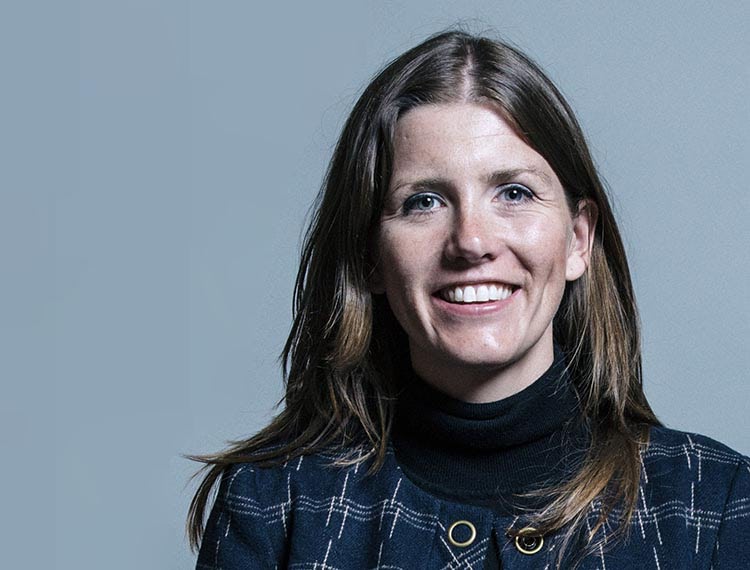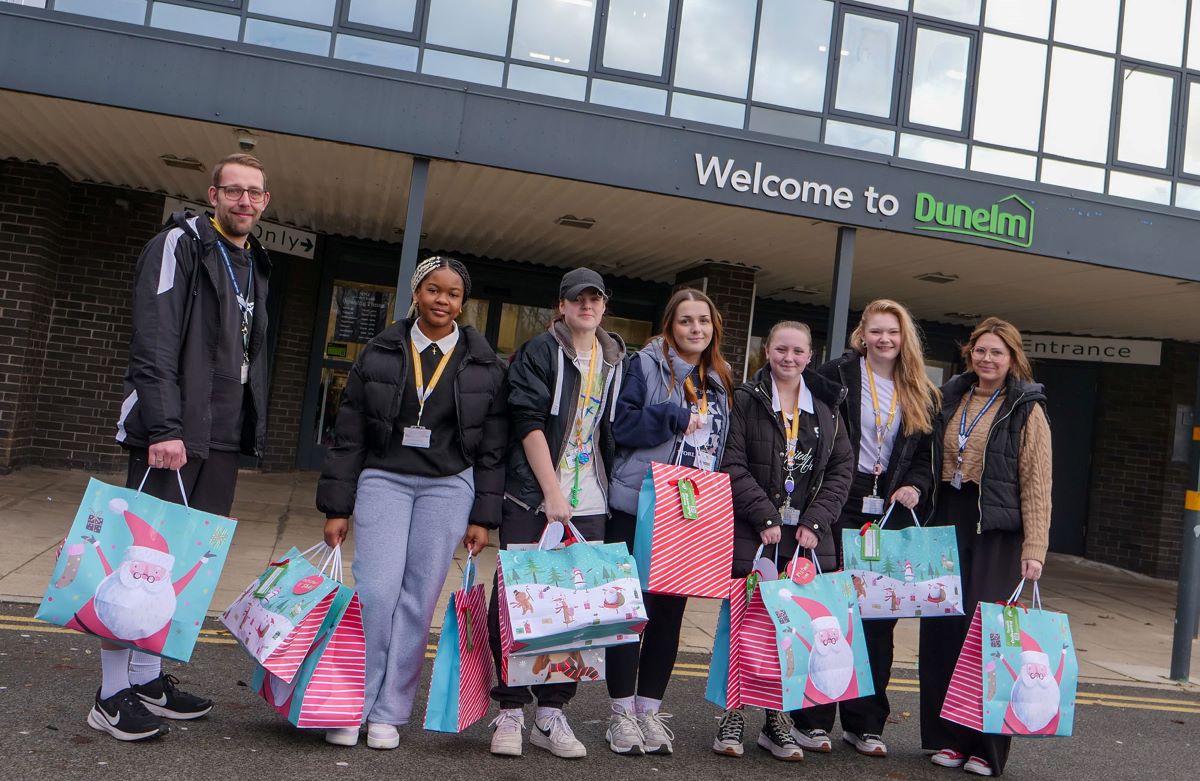New levelling up plans to widen participation and improve student outcomes

@educationgovuk – Universities will be required to improve outcomes for disadvantaged children by driving up education standards in schools and colleges in the local community, which could include providing activities like tutoring.
They will also be required to set new ambitious targets to support students throughout their time at university by reducing dropout rates and improving progression into high paid, high skilled jobs.
Universities will be expected to improve education outcomes for disadvantaged students in the schools and colleges across the region.
Measures could include running a summer school, supporting curriculum development or offering students and lecturers to tutor pupils.
There will be a shift away from working only with those pupils with the potential to go onto university as well as marketing activities that just benefit universities to an approach that improves education attainment.
The Government has also today (24 November) announced £8million investment to remove barriers to post-graduate research for Black, Asian and minority ethnic students, with projects looking at admissions and targeted recruitment.
In a speech today, Higher and Further Education Minister Michelle Donelan will tell universities to rewrite their plans around access and participation with tough, ambitious targets to increase the proportion of students studying degree apprenticeships, higher technical qualification or part time courses.
All access and participation work will need to be focused on actions that support learners, with needless complexity and bureaucracy cut out.

Minister for Higher and Further Education Michelle Donelan will say:
“We need to be making getting on as important as getting in.
“Gone will be the days where universities were recruiting students onto courses that lead to dropping out, frustration and unemployment. A student’s outcome after university needs to be as important to providers as a student’s grades before university.
“We need to send a message to every disadvantaged young person thinking about higher education that they will have the support through school, college and university to get there and achieve a positive outcome for themselves.”

Jennifer Coupland, chief executive of the Institute, said:
“Employers tell us they are crying out for higher level technical skills and that degree apprenticeships are great for their organisations.
“So, these new targets can play an important part in growing the number of higher education institutions offering these opportunities so business and students can benefit.
“Lots of employers – particularly those in traditional white-collar professions – want a more diverse talent pipeline into their organisations. Degree apprenticeships open doors for bright students who could not afford fees or loans by allowing them to earn while they learn, achieve a degree, and get years of work experience. On qualifying these apprentices are in really high demand.”

Kate Green MP, Labour’s Shadow Education Secretary, said:
“The Government is full of warm words but Ministers have no plan to support disadvantaged young people to get into university nor to get on. “If the Government were serious about driving up access and outcomes, they would be pushing ahead with reforms to university admissions which Labour has been calling for, instead they have sat on their hands.
“Under the Conservatives, the increase in students on free school meals attending university has stalled and access projects are getting cut back. Failure to open these doors wastes individual talent and huge future potential.”

Steve Haines, Director of Public Affairs at youth charity Impetus and member of the Fair Access Coalition, responds to today’s announcements on widening participation:
“There’s lots to like in today’s announcement – as an organisation that cares about success for young people from disadvantaged backgrounds through school, higher education and into work, we support the government’s move to link up these steps in a young person’s journey.
“How these proposals are implemented will be crucial. We know that pre-18 attainment is the biggest barrier to higher education for most young people from disadvantaged backgrounds.
“But with two thirds of young people from disadvantaged backgrounds not successfully transitioning from secondary school onto A-level qualifications or equivalent, we must prioritise attainment at GCSE-level if we want to have the biggest impact. For success in higher education, it all comes back to passing Level 2. This is where our focus must be.”
The reboot of universities access and participation plans will play a key role in the Government’s levelling up agenda and the national focus on improving the skills gap in disadvantaged areas.
The Office for Students will ensure that the new plans focus on the following priorities:
- Ensuring that universities move from just getting disadvantaged students through the door, to admitting them onto courses that deliver positive outcomes; universities should tackle dropout rates and support them through university to graduation and into high skilled, high paid jobs
- Working more with schools and colleges to raise standards in schools so students get better qualifications and have more options and can choose the path that is right for them
- Offering more courses that are linked to skills and flexible learning such as degree apprenticeships, higher technical qualifications and part time courses
- Cutting out complexity and bureaucracy from access and participation plans, giving universities more time to focus on disadvantaged learners
The reform will be the first task for John Blake who today (24 Nov) has been appointed as new Director for Fair Access and Participation at the Office for Students.











Responses